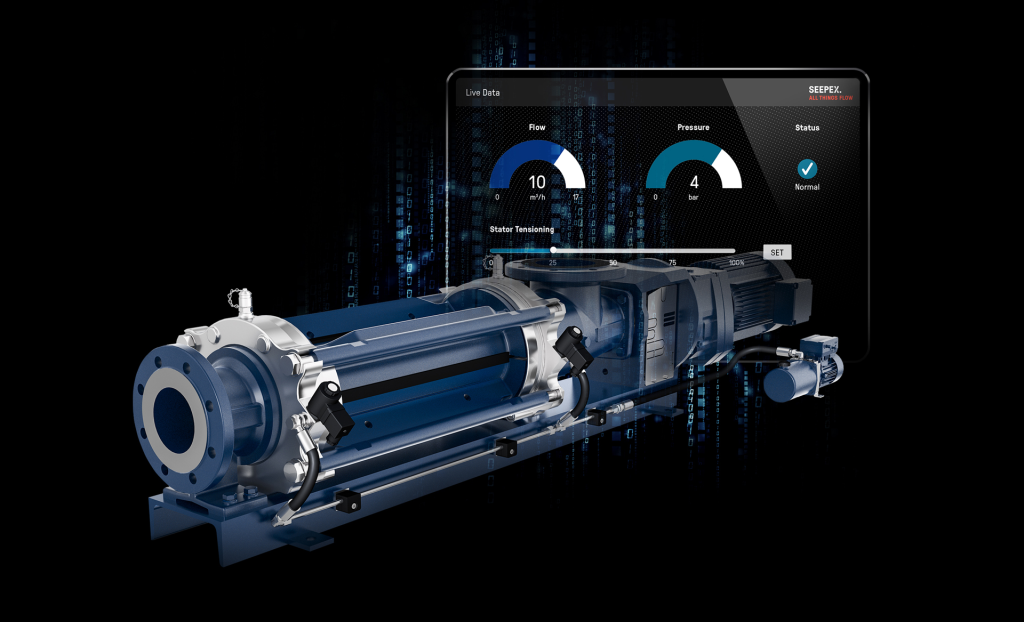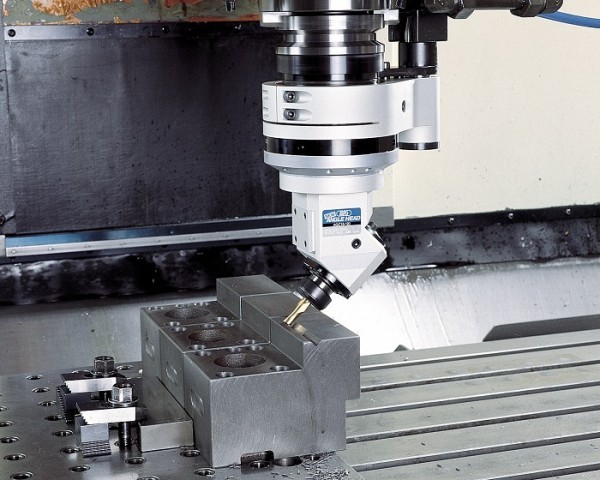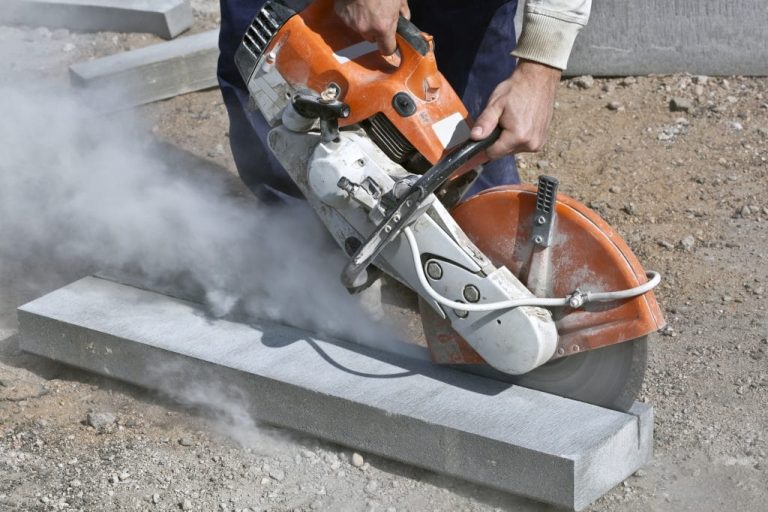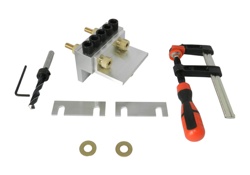Everything You Need to Know About Hammers
Hammers are one of the oldest and most commonly used tools in construction, carpentry, and DIY projects. From driving nails to breaking apart objects, hammers are versatile and essential in various tasks. In this article, we’ll explore common questions about hammers, their different types, uses, and how to care for them. We’ll also touch on how pneumatic hammers, used in industrial settings, offer enhanced performance.

What is a hammer, and what is it used for?
A hammer is a tool used to deliver impacts to objects, typically to drive nails, fit parts, or break items apart. The tool usually consists of a handle with a heavy, blunt head at one end. Hammers are used in construction, woodworking, and metalworking for various tasks, from simple repairs to complex installations.
What are the different types of hammers?
Hammers come in a wide range of types designed for specific jobs:
- Claw Hammers: The most common type, featuring a flat striking surface and a curved end for removing nails.
- Sledgehammers: Larger and heavier, used for demolition work where large, powerful impacts are required.
- Ball Peen Hammers: Used primarily in metalworking, with a rounded end for shaping metal.
- Pneumatic Hammers: These are powered by compressed air and are used for heavy-duty tasks such as breaking concrete or road surfaces.
How do you maintain a hammer?
Maintaining your hammer will keep it effective and safe to use:
- Clean regularly: Wipe off any dirt, rust, or debris after use.
- Inspect for damage: Check the handle and head for any cracks or looseness, as a damaged hammer can be dangerous to use.
- Store properly: Keep hammers in a dry environment to avoid rust on the metal parts.
How are pneumatic hammers used in industrial settings?
Pneumatic hammers, powered by compressed air, are commonly used in industrial applications where high force and repetitive impacts are necessary. These hammers are used in tasks like breaking up concrete, roadwork, and heavy demolition projects. Their speed and power make them much more efficient than manual hammers for large-scale tasks.
Hammers are versatile tools used in a variety of fields, from home repairs to industrial applications. With proper care and maintenance, they will remain reliable tools for many years. Understanding the different types of hammers and their specific uses will help you select the right one for your needs.




